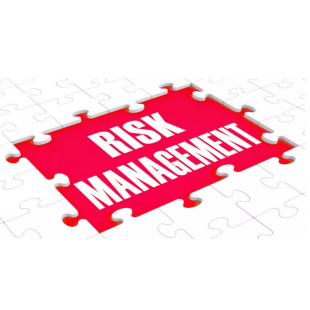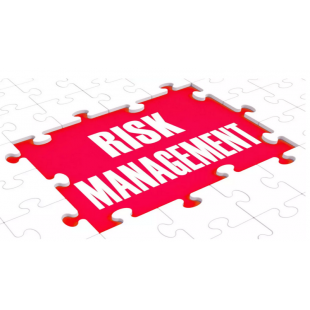Environmental Protection
In order to implement environmental protection and sustainable development, BSI Group plans to set up a Corporate Social Responsibility (CSR) Committee. The board of directors appoints a chairman to review various CSR policies and decisions, including responses to climate change, major risks, and business opportunities. In order to fulfill its corporate social responsibility, BSI Group proposes an “Environmental Protection Policy”, which response to the national policy of energy conservation and carbon reduction, abides by energy management regulations, continuously improves energy performance, expands procurement of energy-saving products, and regularly reviews energy goals and targets, so as to ensure BSI Group has become a company that conforms to the concepts of environmental protection, energy-saving, and low carbon.
1. The urgency of environmental protection
Climate change will cause extreme weather, including higher temperatures in summer and uneven rainfall, resulting in increased electricity demand during product production, as well as prolonged droughts, affecting water supply. BSI Group's Corporate Social Responsibility (CSR) Committee will develop Projects, improvement issues, participation in observation seminars and mentoring programs, etc., to gradually improve the existing deficiencies. In addition, we realize that pollution prevention is also an important part of energy-saving and carbon reduction. We must vigorously promote waste reduction at the source of wastewater, and waste gas, as well as recycling and emission reduction at the end of the pipe. This can not only ensure the normal operation of production equipment and the quality of the surrounding environment. In addition, it can reduce the waste of resources and energy, reduce operating costs, and achieve multiple benefits.
2. Strategies and goals for the implementation of environmental protection policies
The Corporate Social Responsibility (CSR) Committee of BSI Group plans to set up a group consisting of representatives of the company's first- and second-level management, offices, factories, and laboratories. Downstream partners jointly promote the green industry chain, discuss various reduction technologies, exchange and learn from each other, and continue to promote improvement through activities such as developing project improvement topics, holding observation seminars, and various mentoring programs. In addition, monthly performance review, regular on-site coaching and effectiveness review operations, and detailed review of the reasons why each unit failed to meet the standards, and develop improvement measures to promote.




